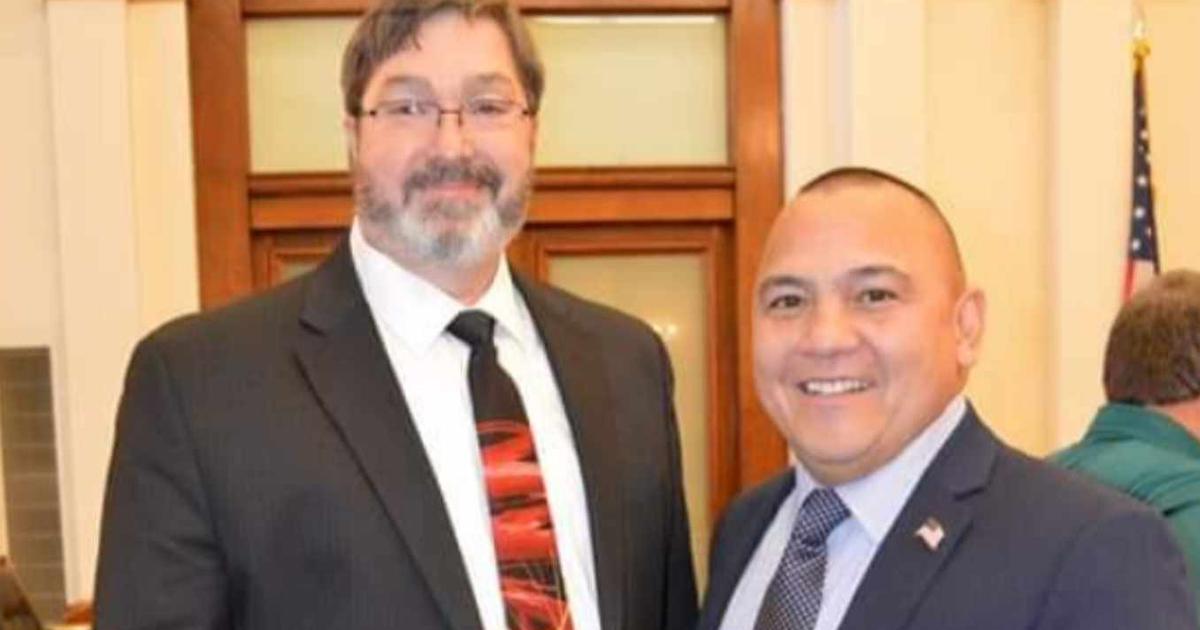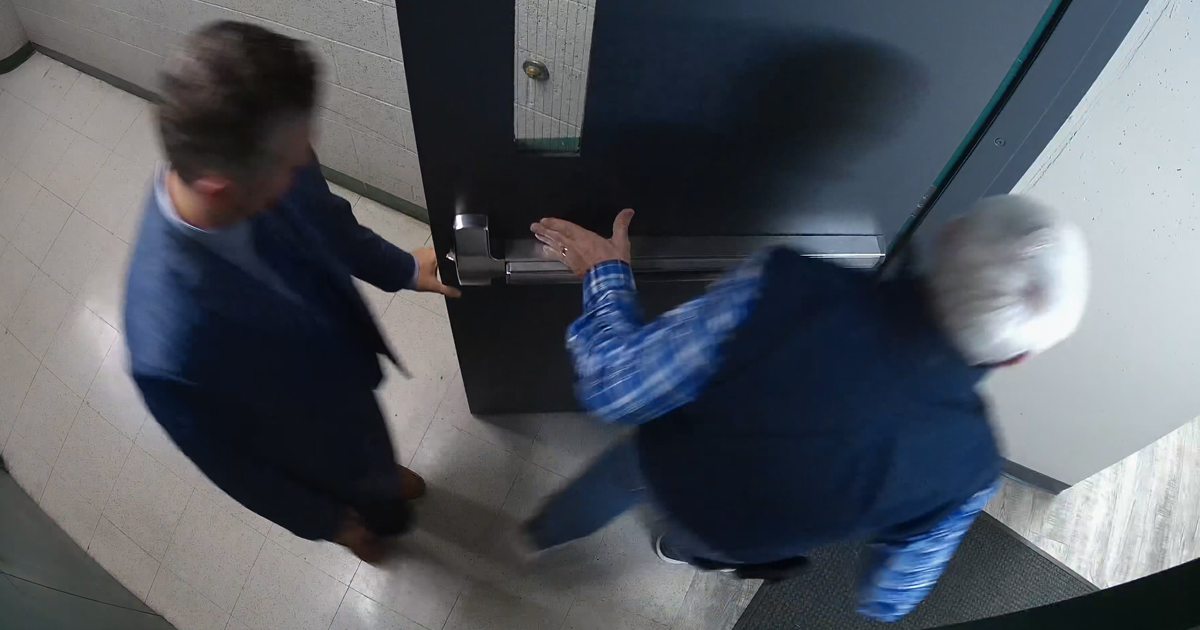State Dismisses Count #4 in the Kellys Case, Judge Grants Continuance
FRANKFORT, Ind. (April 7, 2025) – The Special Prosecutors handling the case against Sheriff Richard Kelly and his wife Ashley have dismissed count #4 – “signed under penalties of perjury statements related to their relationship with each other, in violation of the criminal offense of Perjury” – today during a pretrial hearing in the Clinton County courthouse.
The Kellys also filed with the Court to have the case continued after a large document drop – including audio files – were made available to them late last week.
The documents and audios were part of a discovery request that was two years old. And comes after assurances were made to Special Judge Lori Schein – during an in-chamber review, including attorneys representing County Attorney Tom Little – that all documents had been turned over during the August 2024 gathering.
This new data drop is described as a collection of 3,000 documents comprising some 10,000 pages plus audio files. Many of the documents contain redacted sections and a promised privilege log has yet to be turned over to the defense.
Judge Schein stated she was not pleased with granting the continuance noting the amount of time that has been spent to have the trial start this week. Judge Schein noted that balancing an ineffective council argument along with charges that are felonies that carry jail time outweigh continuing the case this week.
Attorney for Ashley Kelly – Mario Massillamany – asked the court to conduct a hearing on sanctions against attorney Tom Little, the Law Firm of Power, Little, Little, Little, and the attorneys that represent Tom Little as to why the delay in complying with the court’s order. Massillamany requested attorney’s fees paid by the Kellys among other items be considered as a remedy.
Judge Schein has set April 14 as a pretrial hearing to determine next steps as well setting a hearing on sanctions.
An additional item that will be discussed on April 14 is the defense motion to drop count #3 – “engaged in a violation of the Criminal Conversion statute (IC 35-43-4-3 (a) by Richard L. Kelly receiving commissary funds through his ownership in Leonne LLC.”









